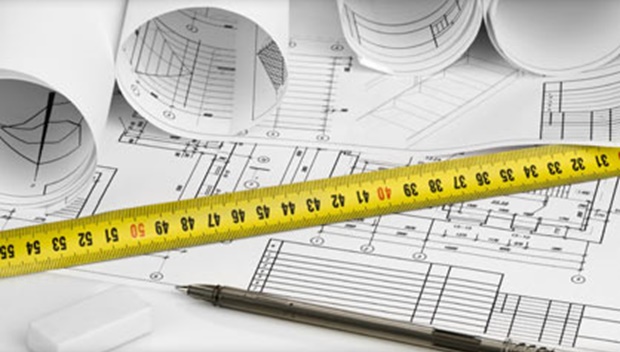James Dyson writes for The Guardian and this article originally appeared in print on 16 August 2014. You can read the original article here and follow James on Twitter
The number of people taking science and maths A-levels is up for the fifth year running. Good, because I need some engineers. Rather a lot, in fact.
Unfazed by complex data and comfortable with technical theory and practice, engineers are a rarefied breed of problem-solvers. Or at least they are here in Britain. In the next six years, nearly 3m engineering jobs will be unfilled. With a shortage of supply, and growing demand, we certainly can’t afford for the brightest minds to be snared by the City’s big bucks.
Today, Dyson has a shortfall of 100 engineers. Next year we begin our £300m expansion, creating thousands of research and development roles in Wiltshire. I like our laboratories to be busy, creative hives buzzing with brain power – rather like a school. I don’t like clinical white-coated silence. And so we need more “brains”. Dyson needs them. Britain needs them. Otherwise we will lose out to China and India – countries that revere engineers – when it comes to developing, patenting and exporting new technology.
Twelve years ago, Dyson stopped assembling vacuums in the UK. One major reason was a failure to secure planning permission for a second factory adjacent to our existing one. Ironically, the factory we mothballed is now the R&D space we are outgrowing. The ironies continue: our new laboratories will rise on the very spot of our never-built second factory.
The closure of our assembly lines was painful, but it meant focusing on developing technology here in the UK. For example, our ultra-high-speed digital motors are conceived and engineered here. We’ve been developing them now for more than 15 years. They use new technology which makes them much smaller and more efficient – a revolution in motor design. I can say that, because I’m not clever enough to invent a motor. But I am lucky enough to work with people who are.
Every six seconds one of these motors rolls off the line. Actually it’s more of a very accurate placing, and it’s all totally automated, in Singapore – close to the lines that make the Airblade hand-dryers and cordless vacuums they are to propel, and close to Singapore’s rapidly growing engineering talent pool.
Somewhere in that tale is a warning. Britain fell out of love with manufacturing, and emerging economies picked up the tools we’d downed. If the encouraging renaissance of science and engineering in schools is a dead cat bounce, we will fall out of love with invention too.
When you crunch the numbers, just 4% of this year’s A-levels were in physics – an essential subject for most engineering courses. A problem. But the problems start even earlier. Research by the Royal Academy of Engineering shows that only half of 16-year-olds in England pass both GCSE maths and at least two sciences, meaning half of our young people are disadvantaged if they wish to pursue engineering.
Yes, science is perceived as hard. But a bigger problem is that young people don’t know what a career in science or engineering offers. An engineer is not a man in greasy overalls or a harebrained oddball (though I have a soft spot for the latter). They are technologists, developing ideas to shape our future. That’s why my foundation works with young people from primary school age to dispel the myths and help them discover what a career in engineering is like.
Science and design and technology in schools must highlight the excitement of developing ideas and experimenting with new materials – carbon fibre, not just cardboard. Learning by doing, failing in the process, and trying again. The classroom must equip young people with the skills to bring these ideas to life, and most importantly the enthusiasm to embark on further study.
We have seen exactly this. For the past two years we have been working with five schools in Bath encouraging students as young as 13 to discover the world of engineering – high-tech equipment working alongside an industry-relevant curriculum. Uptake in design and technology has increased by 200%, and crucially more girls are taking it up too.
I want the biggest discoveries of the future to take place on our soil. We must build on the reputation of our world-class universities. That starts by feeding in the best young people from our schools. If we get it right we will fill our pipeline with highly skilled inventors, develop patentable technology and export it around the world.



